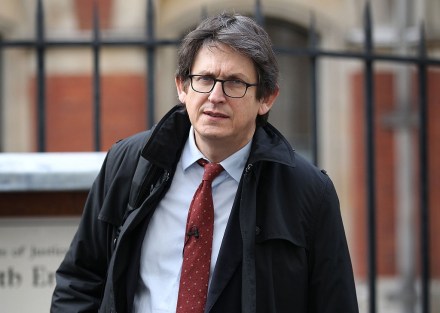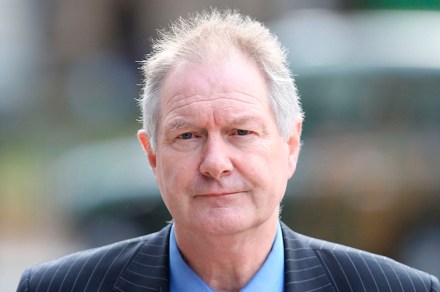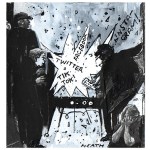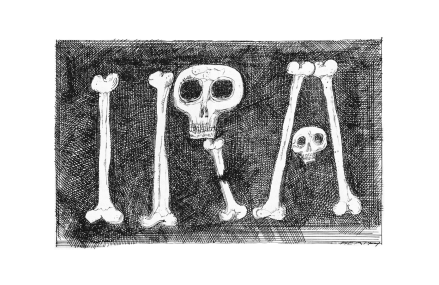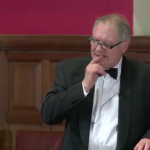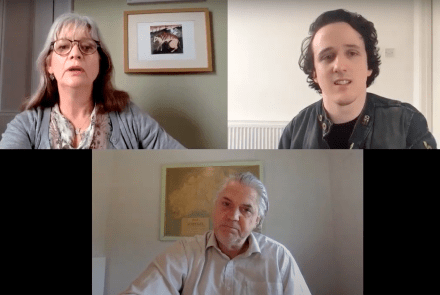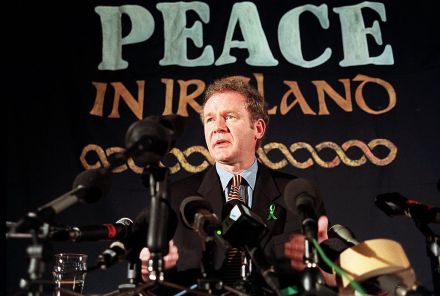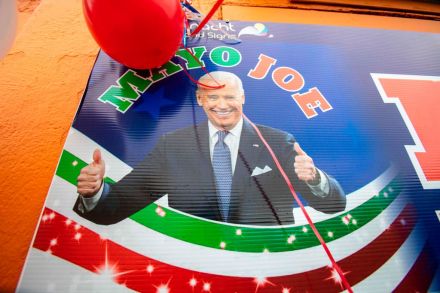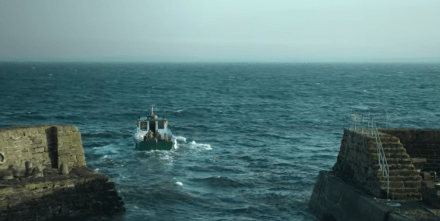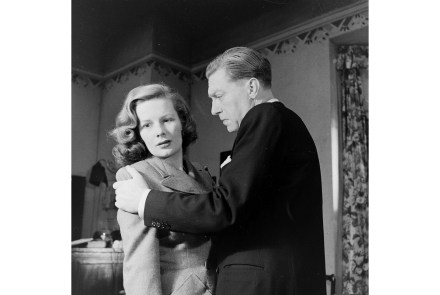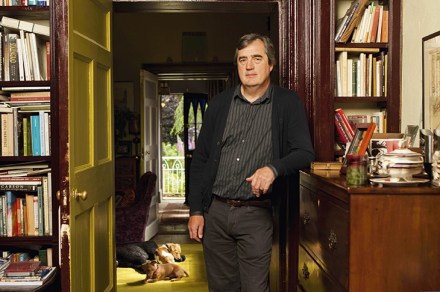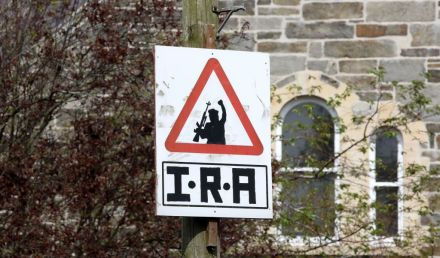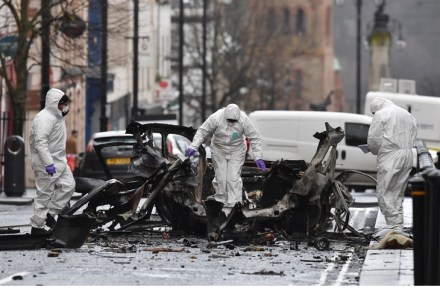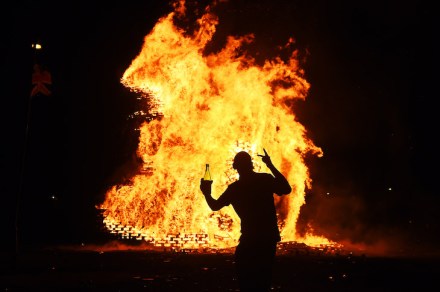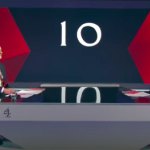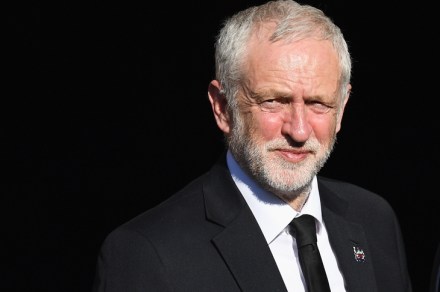Will Alan Rusbridger apologise for the Guardian’s Republican cell?
Subscribers will know that I wrote in my column for the magazine this week about the revelations by former journalist Roy Greenslade that he was an active supporter of the IRA throughout the Troubles. But there are a number of people who we should still hear from on this, and have not. One is Greenslade’s long-term editor and defender at the Guardian, Alan Rusbridger, now the Principal of Lady Margaret Hall, Oxford. As I mentioned in my column, in 2000 The Spectator ran a piece by Stephen Glover identifying a Republican cell within the Guardian. Rusbridger responded furiously to this, denouncing the piece, The Spectator, the magazine’s then-editor Boris Johnson, and
